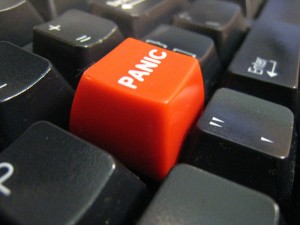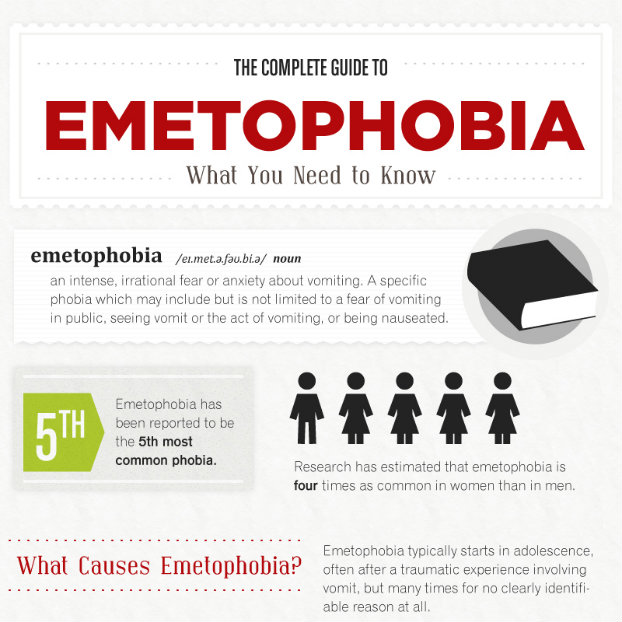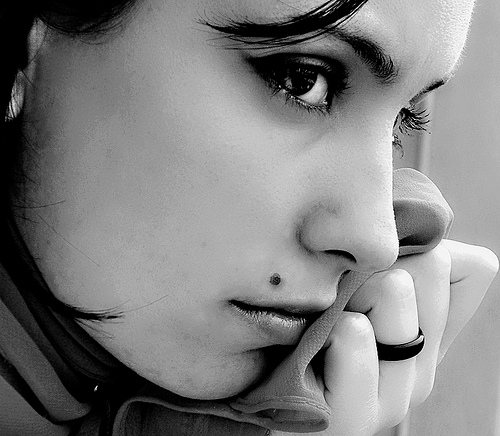 Panic disorder is characterized by sudden bouts of terror and anxiety. These episodes often appear without warning or outward cause. For some unknown reason, the body of a person with panic disorder will misinterpret signals and go into “panic mode.” Someone who is having a panic attack will usually think it is a heart attack.
Panic disorder is characterized by sudden bouts of terror and anxiety. These episodes often appear without warning or outward cause. For some unknown reason, the body of a person with panic disorder will misinterpret signals and go into “panic mode.” Someone who is having a panic attack will usually think it is a heart attack.
Here are some symptoms listed on PubMed Health that are often experienced during a panic attack:
-Chest pain or discomfort
-Dizziness or faintness
-Fear of losing control or impending doom
-Nausea or upset stomach
These symptoms may occur in healthy people if there is an actual threat in the environment. Panic disorder is alarming because the body seems to be reacting to something, but the mind can not identify a specific trigger that is causing the distress.
The site also states that panic disorder may occur with alcoholism, depression, or drug abuse. This is because the stress associated with the disorder can lead to unhealthy coping methods such as drinking.
So how exactly do specialists treat this disruptive disorder?
Some claim that the best method for reducing the effects of panic disorder is combination therapy. Combination therapy involves using a variety of treatments to aggressively attack the problem. For serious cases of panic disorder, psychiatrists will prescribe medication with simultaneous psychotherapy, alternately known as “talk therapy.” In this form of therapy, the therapist talks to you about how life issues that concern you. Psychotherapy is designed to help you learn healthy, effective ways to cope with your problems. These methods may include getting regular exercise, asking for support from friends and family, and using deep breathing techniques. Talk therapy allows you to deal with your condition and regain a sense of control over your life.
As for medications, psychiatrists will usually start by prescribing the smallest effective dosage. They typically suggest antidepressants or anti-anxiety medications for people with panic disorder. If one form of medication does not work after a period of time, the brand may be switched, or the dosage may be increased a little.
Will Combination Therapy Work for Me?
The only way to know for sure if combination therapy is for you is to consult with a psychiatrist or other medical specialist. Once you have been diagnosed and your condition has been evaluated, experts can decide what the best course of treatment is. They should take your own comfort and opinions in to account, as treatment should suit your particular lifestyle as much as possible. Keep in mind that effects will not be immediate, and seeing improvement will take time. Be patient with your therapist and with yourself, and you may be surprised by the outcome.





